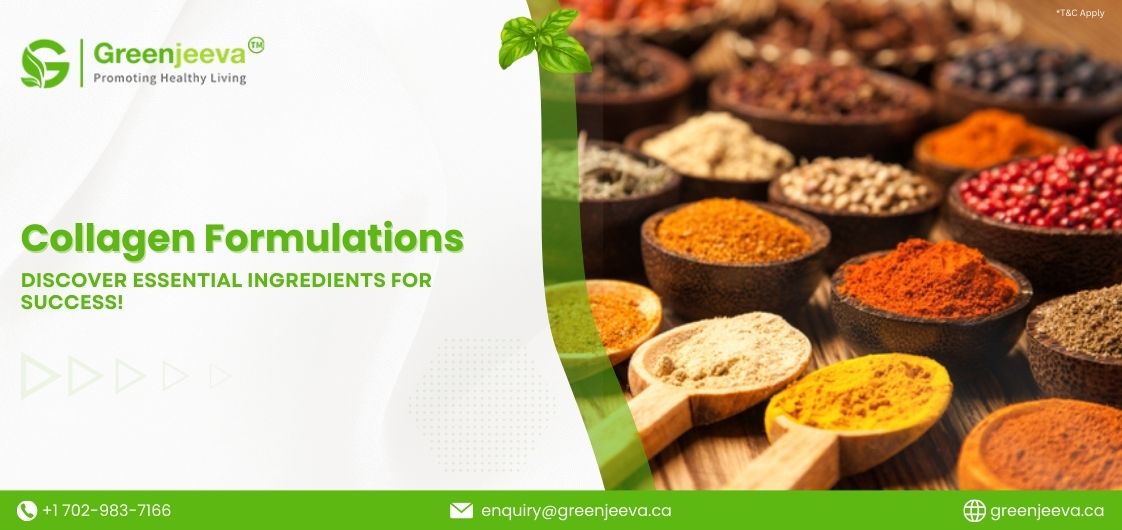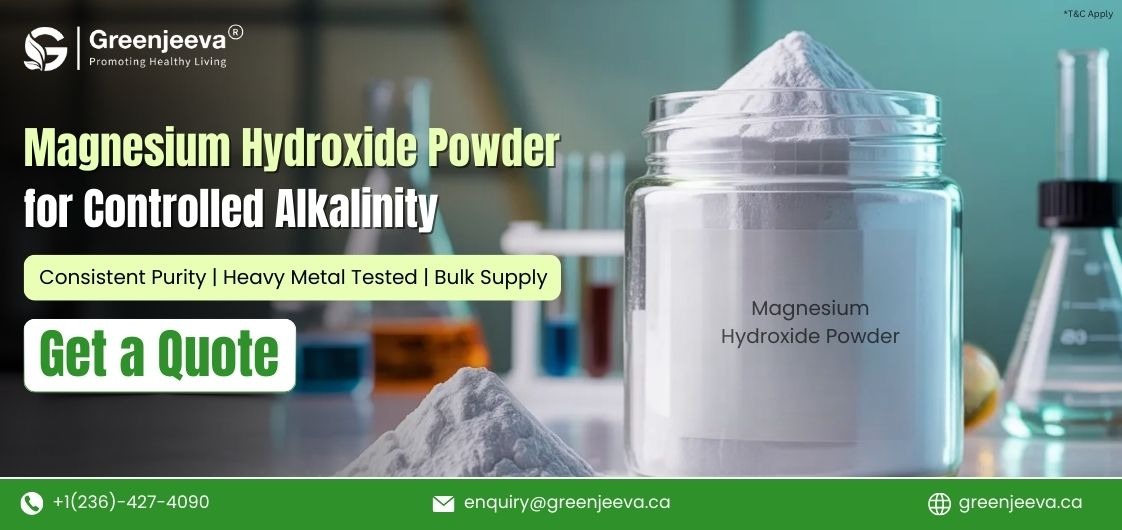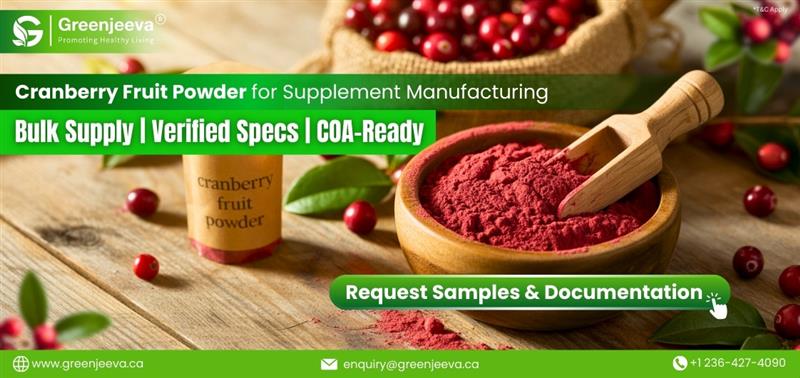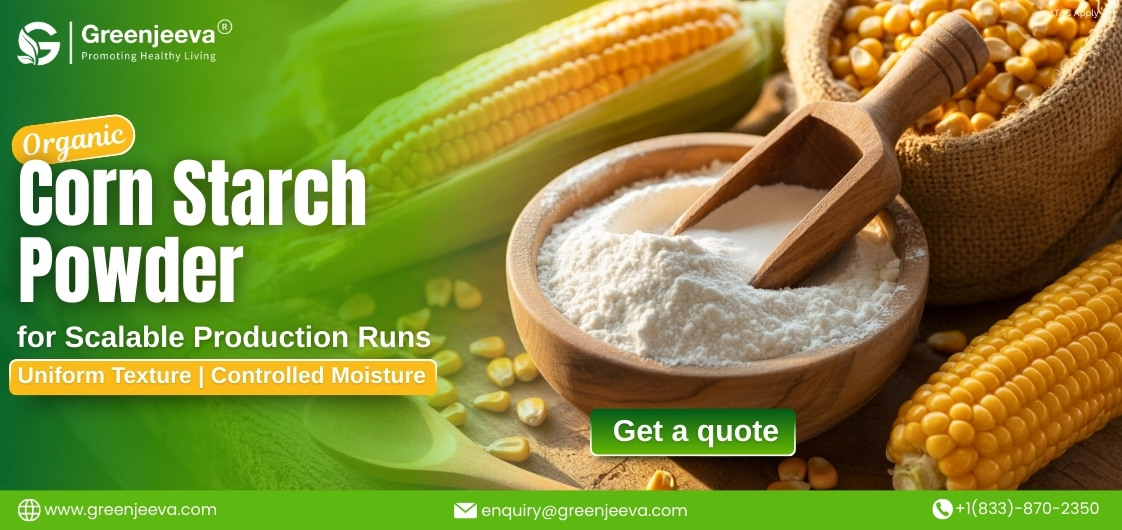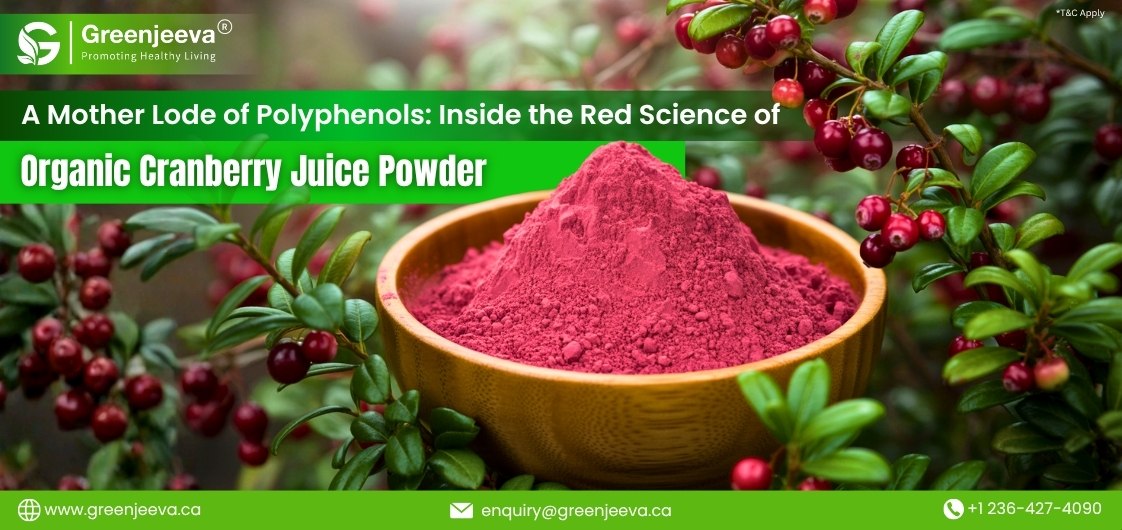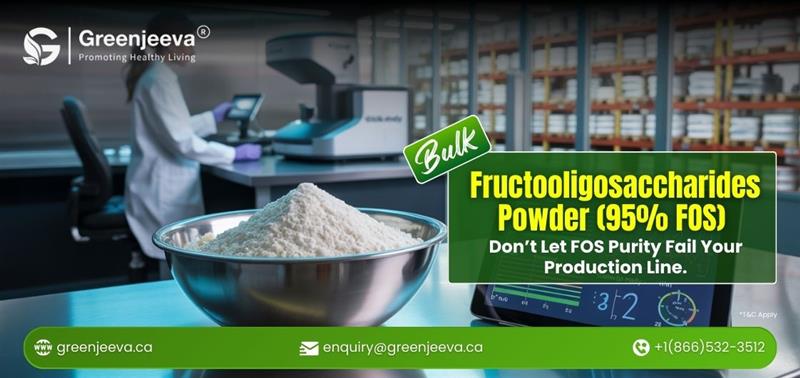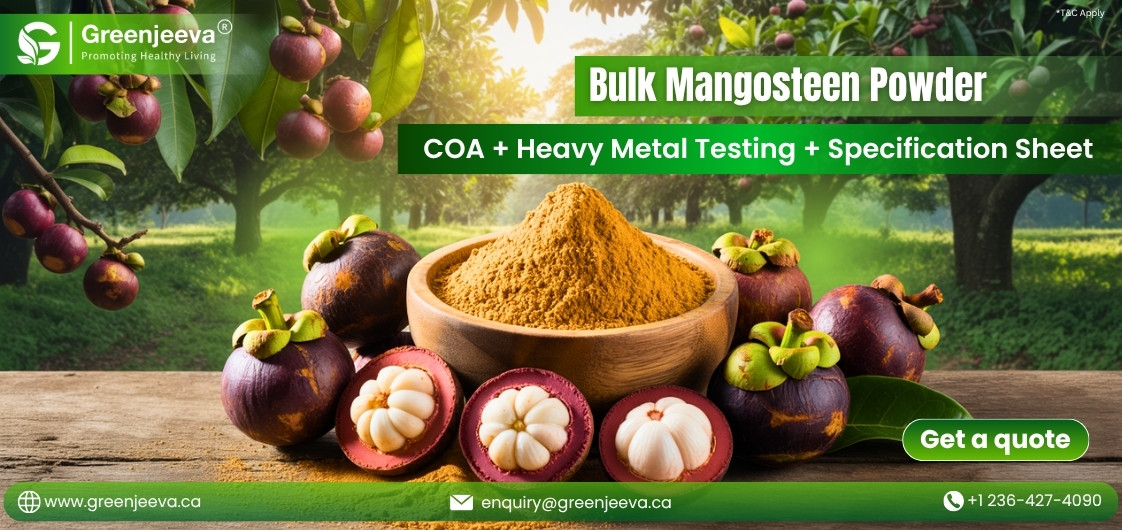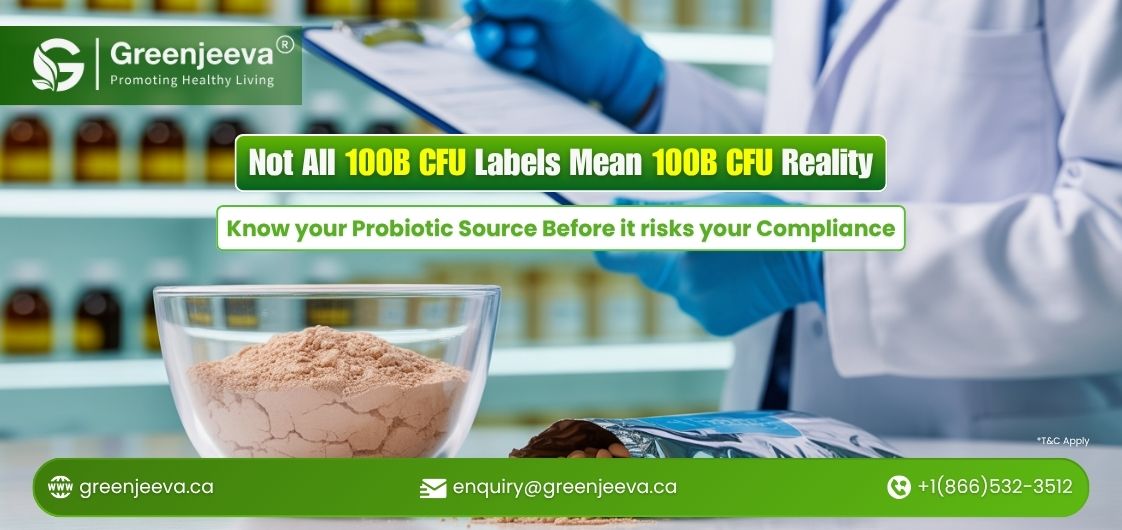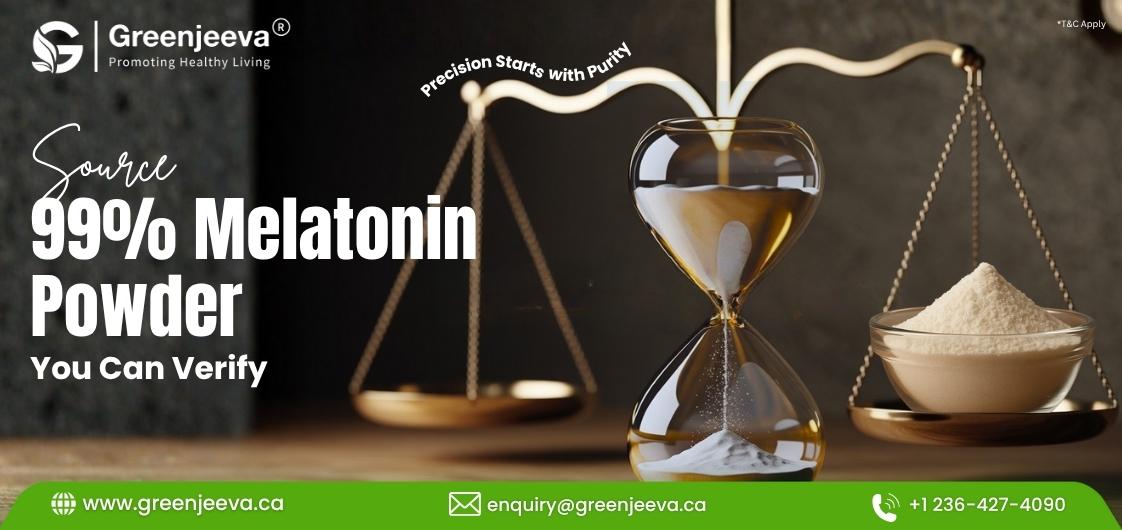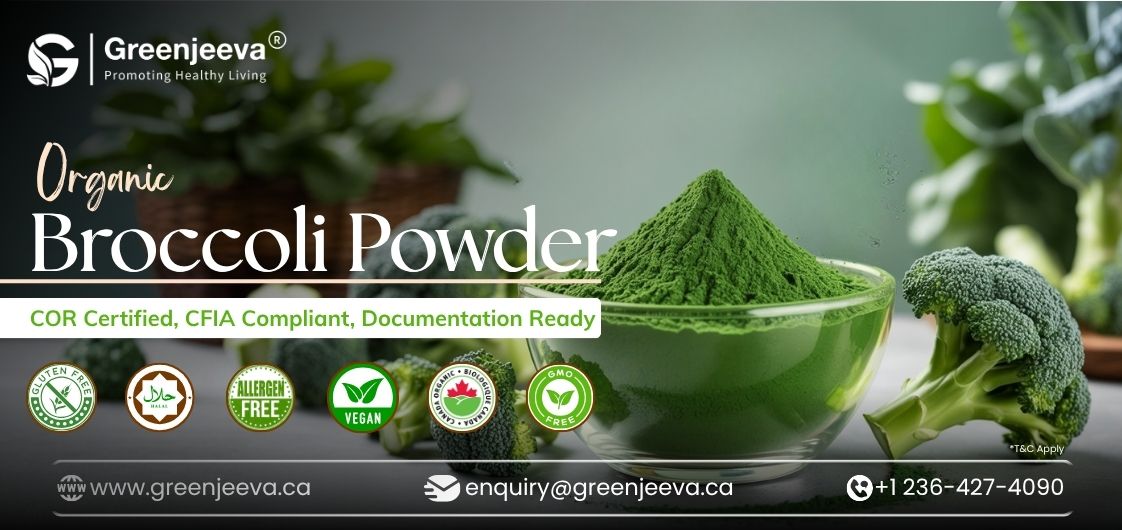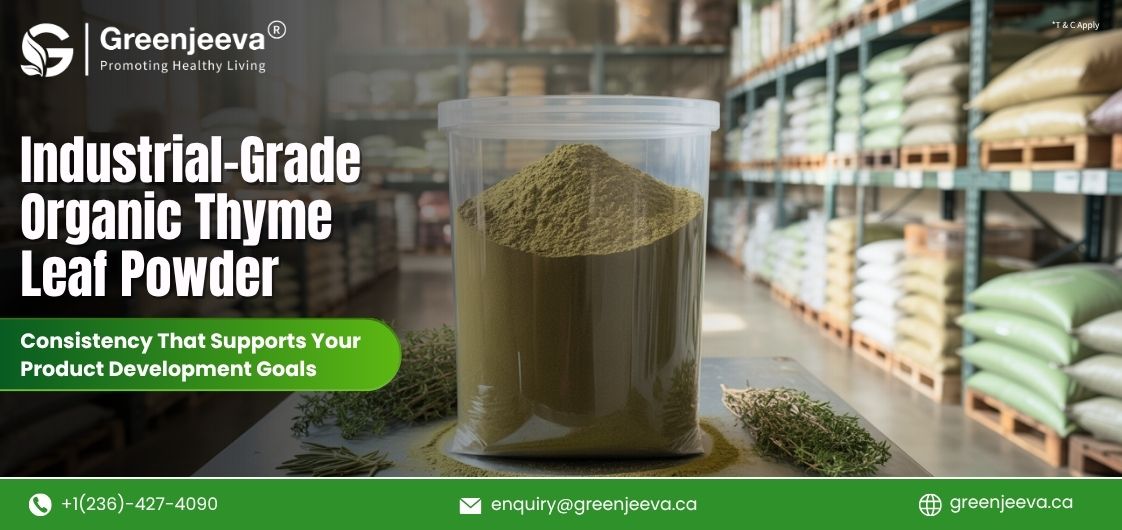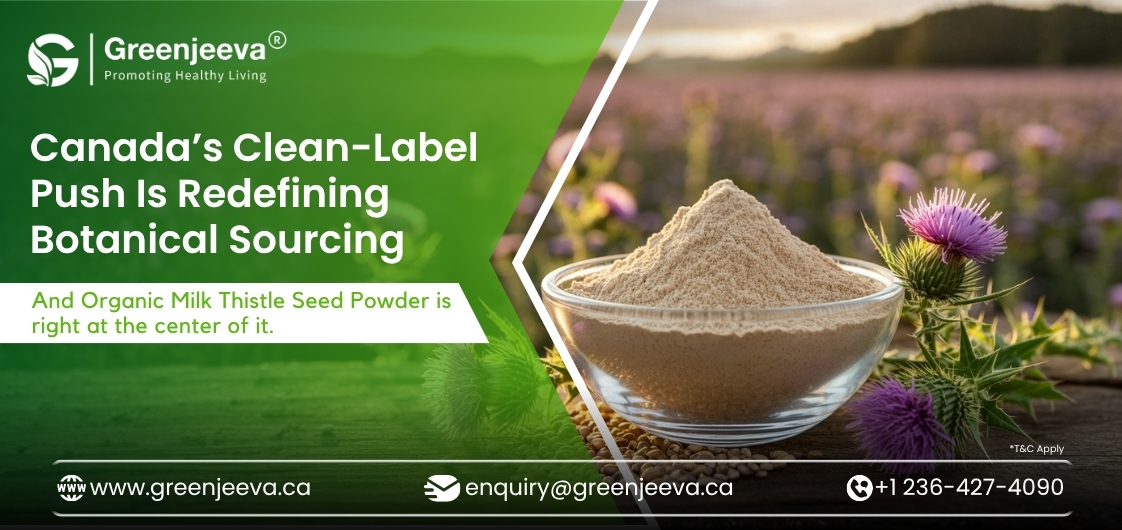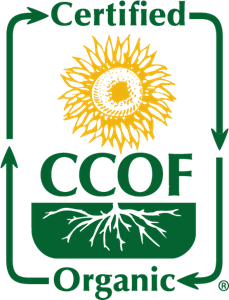Collagen supplements have gained significant popularity as consumers seek effective solutions for skin health, joint support, and overall wellness. While collagen itself plays a crucial role in maintaining the skin’s elasticity and structural integrity, the addition of complementary ingredients can significantly enhance the efficacy of these supplements. This blog explores key ingredients that, when combined with collagen, can create powerful formulations that meet consumer demands and drive sales for manufacturers.
Understanding Collagen and Its Importance
Collagen is the most abundant protein in the body, forming the foundation for skin, bones, tendons, and ligaments. As individuals age, natural collagen production declines, leading to visible signs of aging, such as wrinkles and sagging skin. Therefore, the demand for collagen supplements continues to rise as consumers seek to replenish their collagen levels and support their body’s structural components.
Key Complementary Ingredients for Enhanced Efficacy
Hyaluronic Acid
Benefits: Known for its remarkable ability to retain moisture, hyaluronic acid can improve skin hydration and elasticity. This ingredient works synergistically with collagen to enhance skin appearance and reduce the visibility of fine lines and wrinkles.
Incorporation: Hyaluronic acid can be added to collagen supplements in both powdered and liquid forms. The typical dosage ranges from 100 mg to 200 mg per serving, depending on the formulation.
Vitamin C
Benefits: Vitamin C is crucial for collagen synthesis and acts as a powerful antioxidant. It helps to protect the skin from oxidative stress, boosts collagen formation, and aids in the healing of damaged tissues.
Incorporation: Including vitamin C in collagen formulations can be done through the use of ascorbic acid or sodium ascorbate. A dosage of 50 mg to 200 mg per serving is generally recommended for optimal results.
Zinc
Benefits: This essential mineral plays a vital role in collagen production and overall skin health. Zinc supports cellular metabolism and is crucial for wound healing and inflammation reduction.
Incorporation: Zinc can be integrated into collagen supplements in various forms, including zinc gluconate and zinc citrate. Dosages typically range from 5 mg to 15 mg per serving.
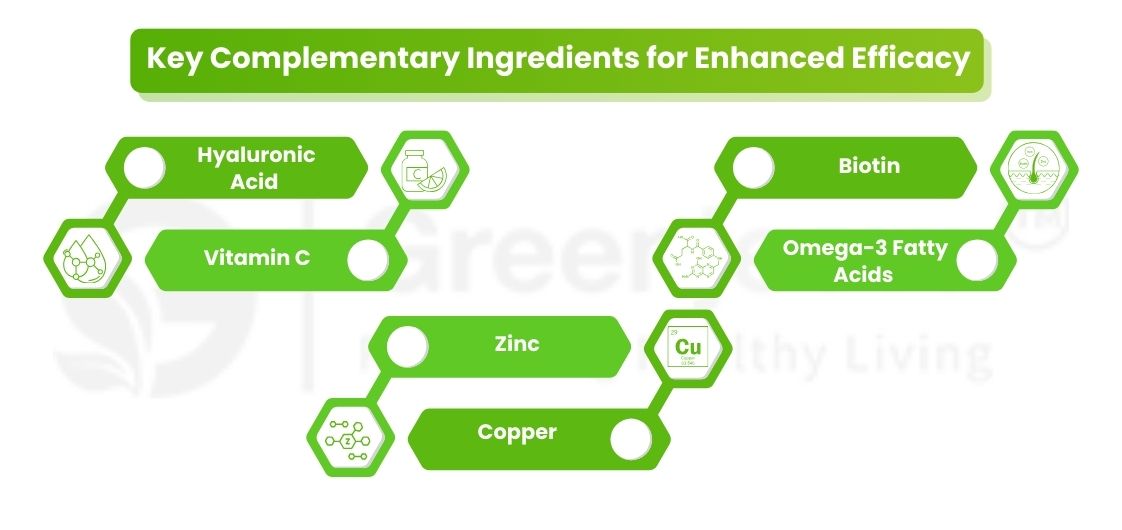
Copper
Benefits: Copper is another mineral that supports collagen synthesis and helps maintain skin elasticity. It is involved in the cross-linking of collagen fibers, contributing to the strength and resilience of the skin.
Incorporation: Copper peptides or copper bisglycinate can be included in formulations, with a suggested dosage of 1 mg to 2 mg per serving.
Biotin
Benefits: Known as vitamin B7, biotin supports healthy skin, hair, and nails. It plays a role in fatty acid synthesis and helps to improve the overall appearance of the skin.
Incorporation: Biotin can be added to collagen supplements at dosages ranging from 30 mcg to 300 mcg per serving.
Omega-3 Fatty Acids
Benefits: Omega-3 fatty acids, such as EPA and DHA, are known for their anti-inflammatory properties. They help maintain skin hydration and elasticity and can improve the overall health of the skin.
Incorporation: These fatty acids can be sourced from fish oil, krill oil, or algal oil and added to collagen formulations in liquid or capsule form. Dosages typically range from 250 mg to 1,000 mg per serving.
Formulating Collagen Supplements
When developing collagen supplements, manufacturers should consider the following factors to enhance efficacy:
Synergistic Formulations: Combine collagen with complementary ingredients that work well together, such as hyaluronic acid and vitamin C, to create a comprehensive beauty supplement.
Delivery Method: Consider different delivery formats, including powders, capsules, and liquids, to meet consumer preferences. Powders allow for easy mixing with beverages, while capsules offer convenience for on-the-go use.
Quality and Sourcing: Utilize high-quality, bioavailable forms of ingredients to ensure optimal absorption and effectiveness. Transparency in sourcing and manufacturing processes can also build consumer trust.
Marketing Strategies
To effectively market
collagen supplements with these enhanced formulations, manufacturers should focus on the following strategies:
Educate Consumers: Provide clear information on the benefits of each ingredient and how they work together to enhance the efficacy of collagen supplements. Educational content can be presented on product labels, websites, and marketing materials.
Highlight Clinical Research: Leverage scientific studies and clinical research to support claims about the effectiveness of collagen and its complementary ingredients. This evidence can help build credibility and trust with potential buyers.
Engage with Influencers: Collaborate with health and wellness influencers to promote collagen supplements and their benefits. Authentic endorsements can significantly impact consumer purchasing decisions.
Conclusion
Incorporating complementary ingredients into collagen supplements can greatly enhance their effectiveness and appeal to consumers seeking holistic health solutions. By focusing on key ingredients such as hyaluronic acid, vitamins, and minerals, manufacturers can create high-quality products that meet the demands of the market. Manufacturers who innovate with collagen supplement formulations can capture consumer interest and drive sales as the popularity of these products continues to grow.
**The Food and Drug Administration has not evaluated these statements. This product is not intended to diagnose, treat, cure, or prevent any disease.**


